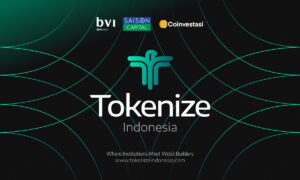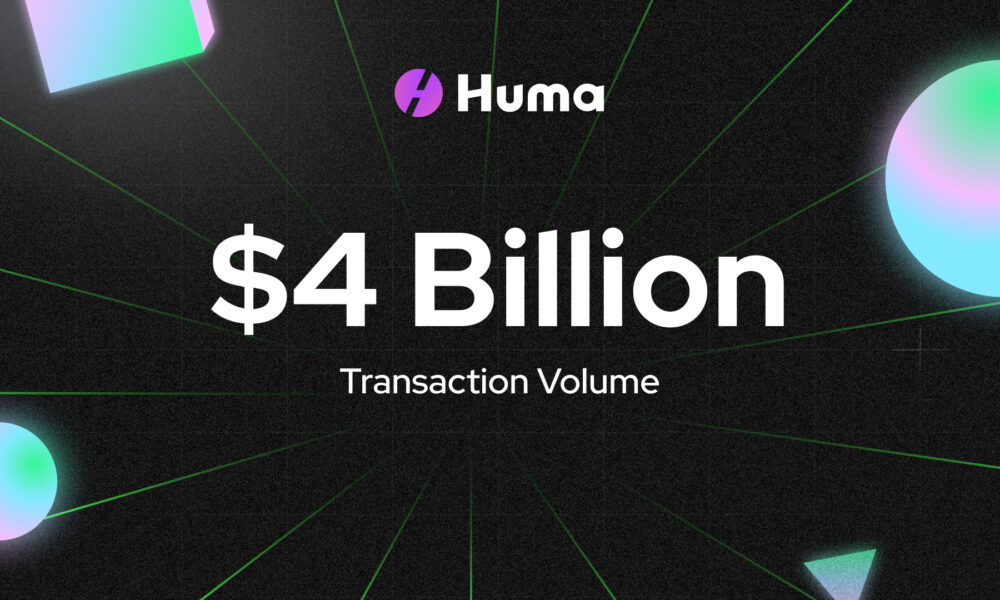The waste management industry has transformed recently, driven by growing environmental awareness and the urgent need to tackle rising waste levels. Junk removal services, once seen as simple haulers, are now essential players in sustainable waste management. By reducing landfill contributions and promoting recycling, they’re bridging traditional disposal methods with modern sustainability goals. These services go beyond clearing clutter; they reflect a shift in how society approaches waste, aligning with the push for a circular economy where materials are reused instead of discarded.
Here we’ll look at the environmental challenges driving the need for sustainable waste management and the innovative methods junk removal companies are using to address these. The role of community involvement, including educational campaigns to raise environmental awareness, will also be highlighted. Additionally, the economic benefits of sustainable junk removal, like job creation and cost savings, will be explored. Finally, we’ll examine the industry’s challenges and trends, especially how technology could enhance sustainability in waste management.
The Growing Need for Sustainable Practices
With growing environmental pressures from increasing waste, the need for sustainable practices has become urgent. Poorly managed waste contributes to pollution and drains resources, highlighting the need for better disposal methods. Junk removal services are stepping up by changing how we handle waste, focusing on recycling and reducing landfill use.
These companies are working with recycling plants and using more sustainable methods, which helps protect the environment and encourages responsible consumer habits. By playing a bigger role, they’re making a real difference in the global fight against pollution and waste, benefiting both communities and the planet.
Innovative Approaches in Junk Removal
To promote sustainability, junk removal services are using new methods that make waste sorting and collection easier while helping the environment. These services are increasingly eco-friendly, using advanced sorting systems that carefully separate recyclables, which reduces landfill waste.
Technology also plays a big role, with digital tools that improve route planning for collection vehicles to cut down on carbon emissions. Working with recycling centers ensures more collected junk is repurposed or recycled instead of thrown away. By adopting these approaches, junk removal companies are setting new standards in waste management.
Community Engagement and Education
Community engagement and education are key to advancing sustainable waste management, and junk removal services are stepping up in both areas. These companies see the importance of raising awareness and have started joining community projects and educational programs to inform the public about sustainable waste practices.
By partnering with schools, local groups, and community events, they’re not just providing a service—they’re helping people understand how waste impacts the environment and encouraging responsible habits. Through workshops and cleanup events, these efforts foster a culture of sustainability, supporting better waste management practices and inspiring people to reduce, reuse, and recycle.
Economic Impacts of Sustainable Junk Removal
Sustainable junk removal has a strong economic impact, linking eco-friendly practices with real financial benefits. By adopting sustainable methods, junk removal services create jobs and support the growth of the green industry. These companies need workers for sorting and recycling and often partner with recycling plants and eco-friendly businesses, expanding job opportunities.
Sustainable practices also help cut costs—by lowering landfill use and boosting recycling rates, companies save on disposal fees and may qualify for government incentives. This shift also supports a new wave of eco-conscious entrepreneurs and businesses that prioritize the environment. On a larger scale, these efforts help drive growth in green industries focused on sustainability and renewable resources.
Challenges and Future Directions
Junk removal services face a range of challenges in adopting sustainable practices, mainly because switching from traditional methods to eco-friendly ones can be difficult and costly. Many companies struggle with the logistics of adding advanced sorting technology or partnering with recycling centers—essential steps to reduce landfill waste but ones that often require large investments or infrastructure changes.
Additionally, varying recycling policies and regulations across regions can slow progress, as companies work to stay compliant while aiming for sustainability. Despite these challenges, promising technology is emerging that could reshape waste management. Innovations like AI-powered sorting systems, blockchain for tracking waste, and electric vehicles for more efficient collection are among the trends boosting sustainability efforts.
Junk removal companies are changing from simple waste haulers to key players in the push for sustainable waste management. By adopting innovative technologies, partnering with recycling centers, and engaging with communities, they’re contributing to a greener future and aligning with the circular economy model. These efforts not only reduce landfill waste but also create economic benefits and foster a culture of environmental responsibility. As the industry continues to tackle challenges, it holds significant potential to redefine waste management, making sustainable practices more accessible and impactful for all.



































